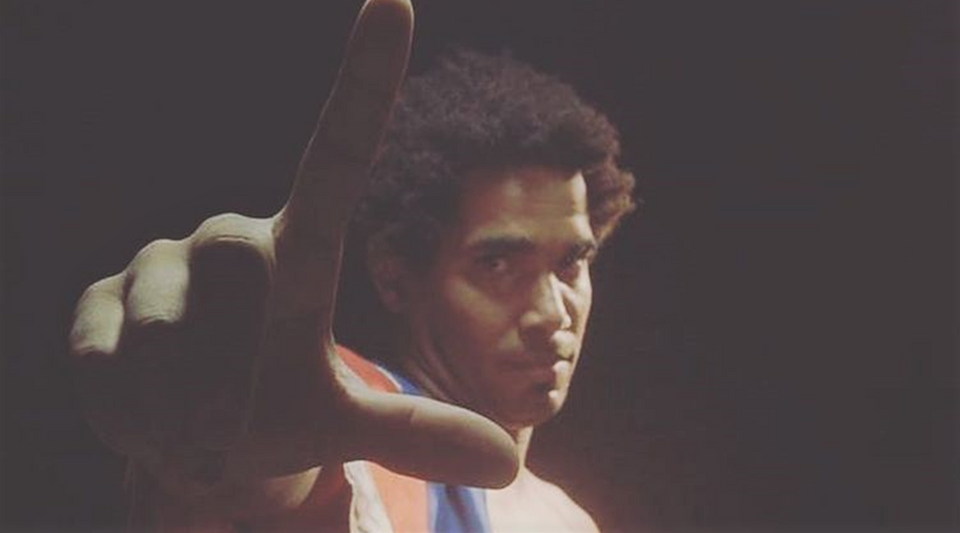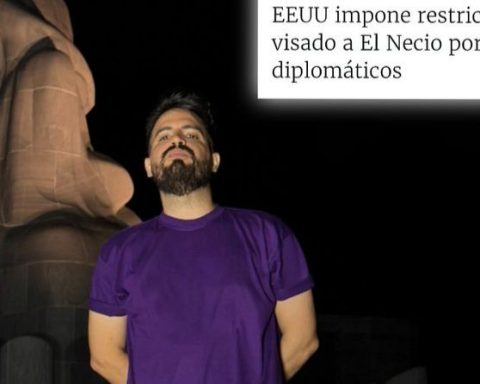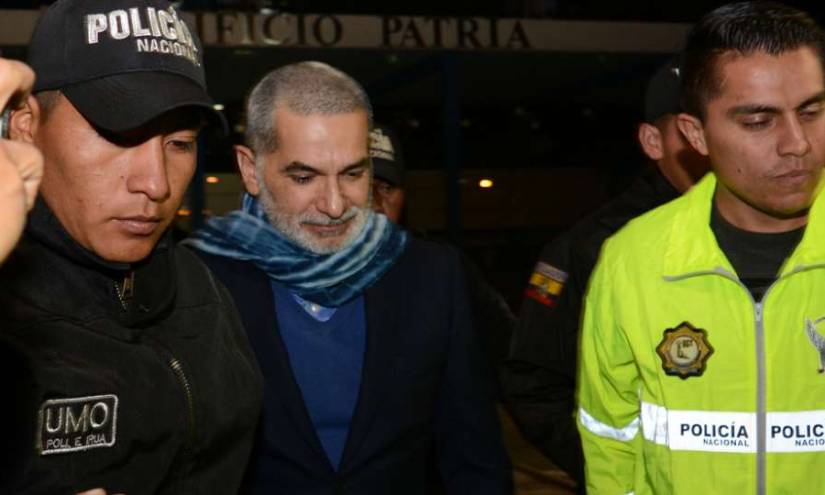Luis Manuel Otero Alcántara has rejected the rights he has as a prisoner because he considers that he should not be, according to art curator Claudia Genlui, who was able to speak with him in what he says was “his last call”
“He called to communicate, briefly but firmly, that he is at the limit,” wrote the activist on her Facebook profile.
Genlui affirms that the artist and member of the San Isidro Movement, who has been in the Guanajay prison, Artemisa, for more than half a year, had hopes that the precautionary measure of provisional freedom that he requested last December would be accepted and that it was denied by the Prosecutor’s Office, which considers it a “social danger”.
“By denying this request, the regime demonstrates once again that its only intention is to humiliate him, to treat him like a criminal when he is not.”
“By denying this request, the regime demonstrates once again that its only intention is to humiliate him, to treat him like a criminal when he is not,” says Genlui, who warns that there will be no more opportunities to save the artist, who is at risk. limit. “He himself has said ENOUGH (sic.),” he adds.
Otero Alcantara has refused, according to this information, to receive visits, food and calls. “It’s over. He knows, like all of us, that being in prison is not a dignified option, that his freedom is being manipulated by State Security and that they are keeping him as a bargaining chip. The path that Luis Manuel has taken is not for that, he will only leave Cuba as a free citizen when he decides and with the availability to return when he wishes. That is a right,” says the art curator.
The negotiations for Otero Alcántara to be released have been going on for months, according to the artist Tania Bruguera from the US, where she now resides temporarily. The activist said in October that an attempt was being made to reach an agreement such as the one that led to the departure from Cuba of the artists Hamlet Lavastida and Katherine Bisquet, who went to Poland after being released from prison in exchange for their exile.
However, the stumbling block in this case, according to Bruguera, has been Otero Alcántara’s refusal to accept a release in exchange for leaving the country, a situation that also occurs with rapper Maykel Castillo. Osorb.
The stumbling block in this case, according to Bruguera, has been Otero Alcántara’s refusal to accept a release in exchange for leaving the country, a situation that also occurs with rapper Maykel Castillo.
“The Cuban government is slowly assassinating an artist who has only shown us light, who has built that hope to which we cling today. Now more than ever he needs us, he trusts us,” adds Genlui in his post yesterday, Tuesday, in which he assures that he will continue to report any news.
Luis Manuel Otero Alcántara has been in prison since July 11 and is accused of public disorder, incitement to commit a crime, and contempt. These crimes were charged to him when, in April 2021, he attended a birthday party in which the residents of the neighborhood where he resides ended up singing Patria y Vida. Although he was free pending trial, he was arrested and jailed on July 11 when protests began across the country. In 2019 he was also accused of “insulting national symbols” for a performance with a Cuban flag, although the case was dismissed in 2020.
The repression that the State had exerted since 2018 against Otero Alcántara hardened in November 2020, when he began a hunger and thirst strike together with several activists to demand the release of rapper Denis Solís. The action ended with the police raid on November 26 at the headquarters of the San Isidro Movement in Old Havana, where the members of the group were meeting, and the arrest of the 14 activists who were inside the building.
This event prompted the protest of a group of artists and intellectuals on November 27 at the entrance of the Ministry of Culture to ask the authorities of the sector for solutions. Two months later, the events led to a new dispute in which the officials ended up coming to blows against the protesters.
At the end of April, Otero Alcántara again declared a hunger and thirst strike to demand an end to the police siege outside his home. State Security entered his home at dawn and transferred him to the Calixto García hospital, where he remained for a month controlled by the security forces without explanation.
The artist was considered one of the 100 most influential people of the year by American magazine Time.
________________________
Collaborate with our work:
The team of 14ymedio is committed to doing serious journalism that reflects the reality of deep Cuba. Thank you for joining us on this long road. We invite you to continue supporting us, but this time becoming a member of our journal. Together we can continue transforming journalism in Cuba.

















